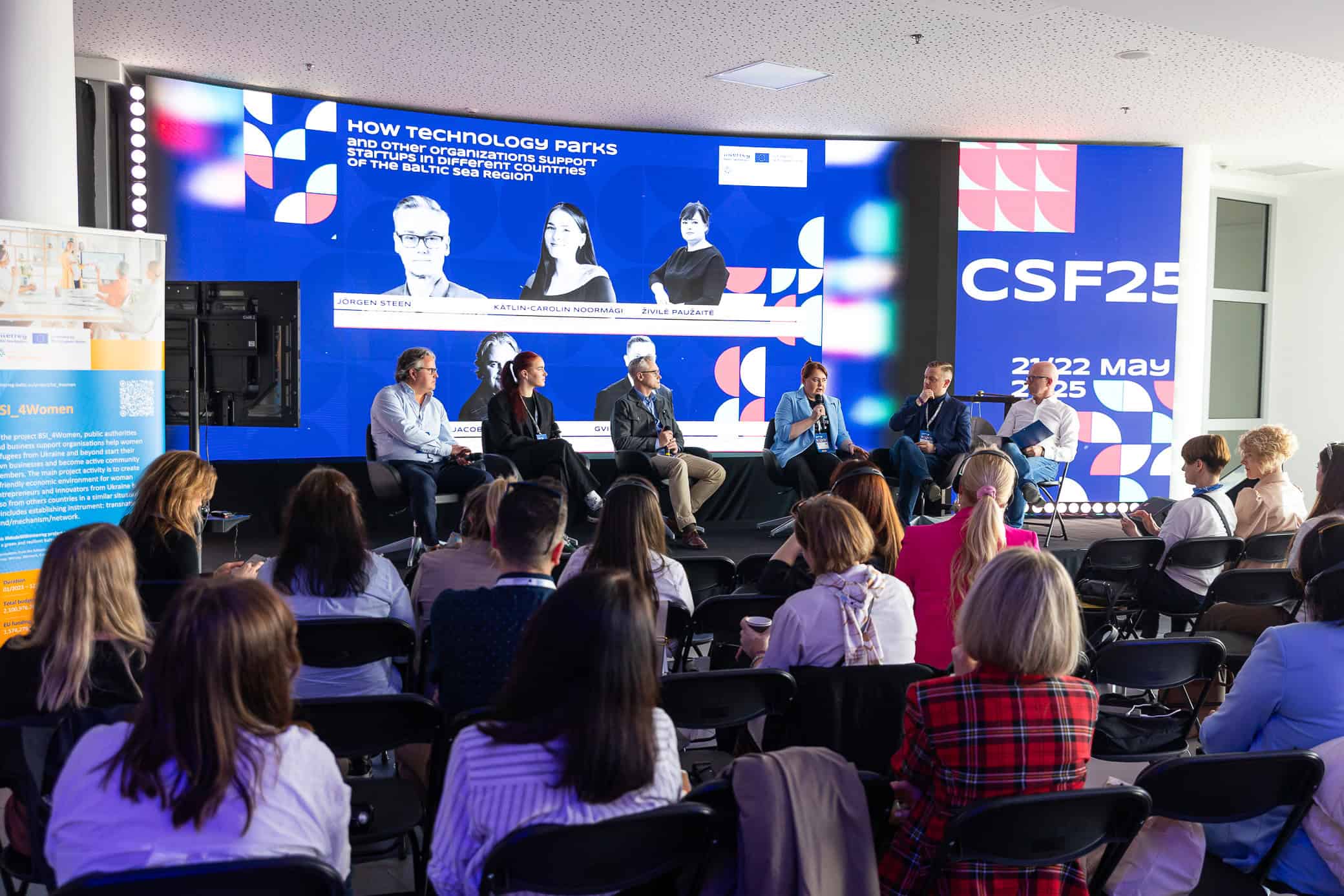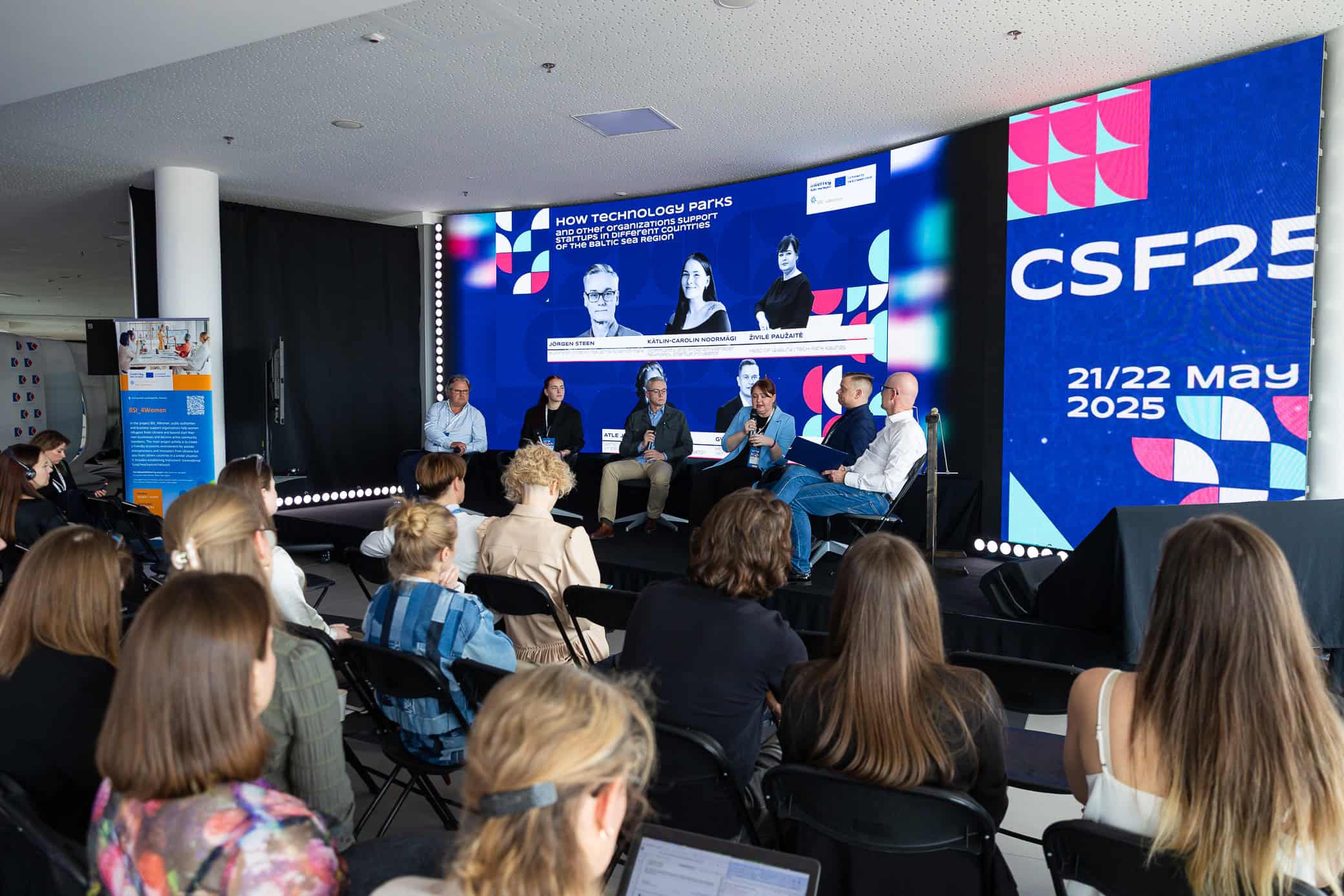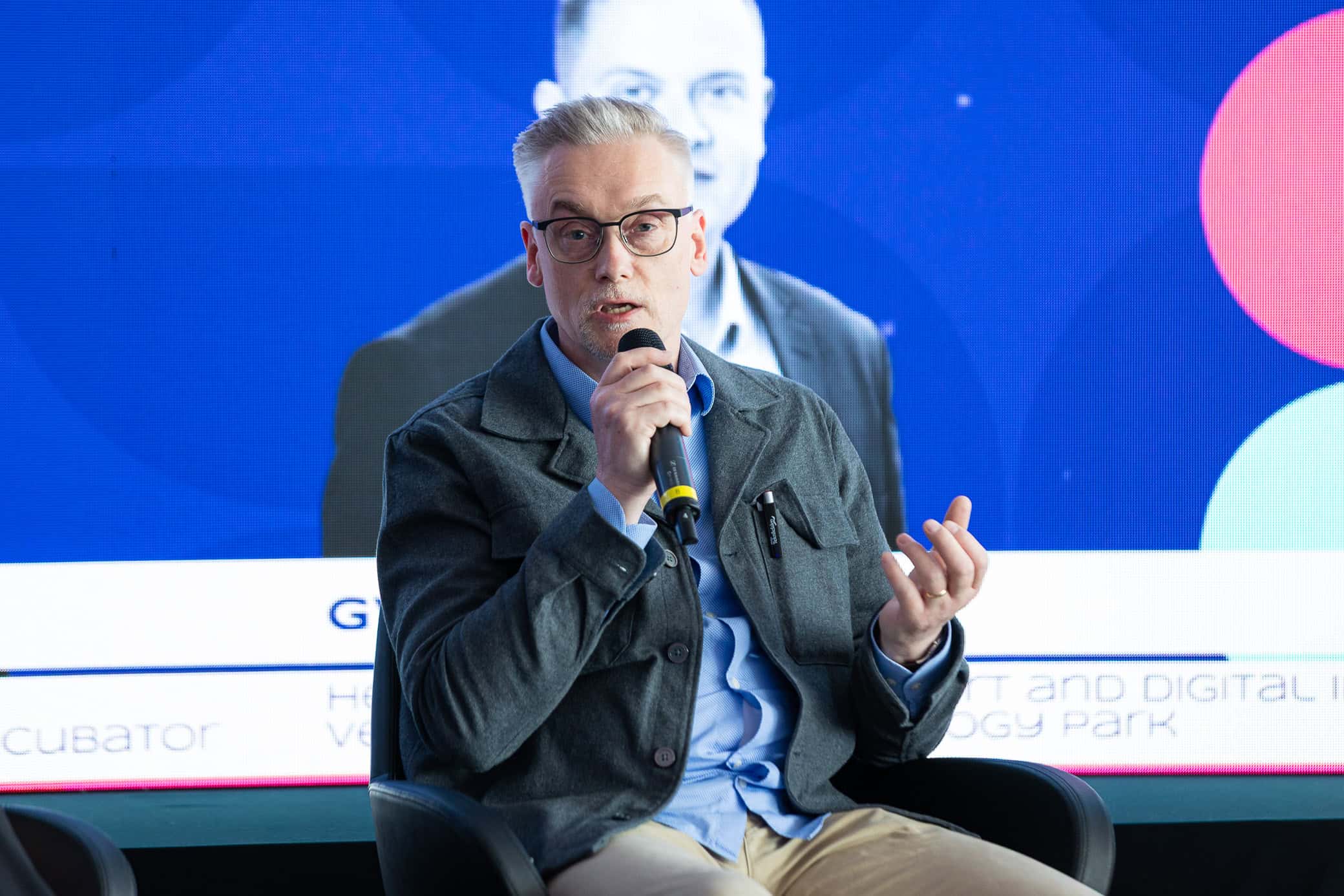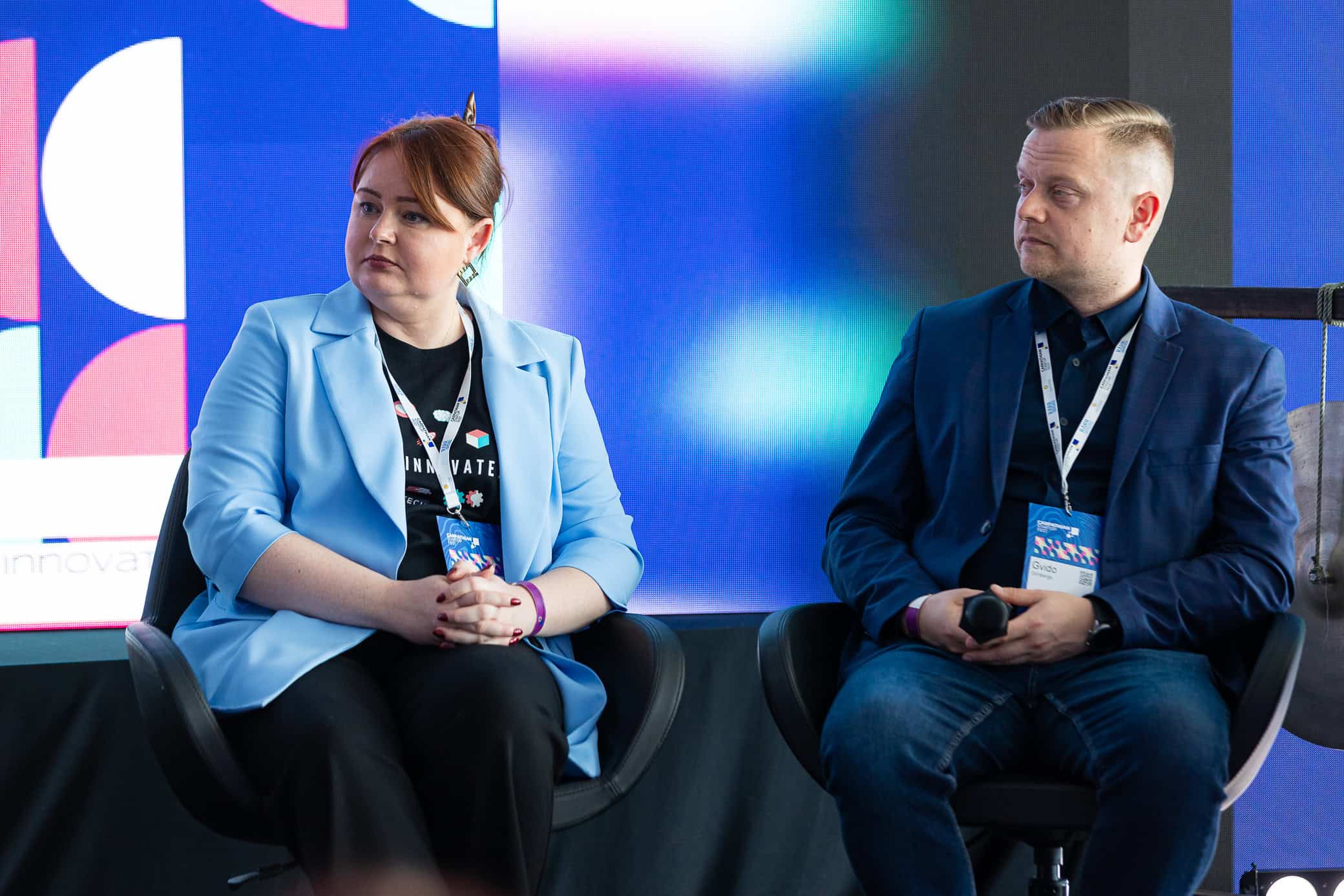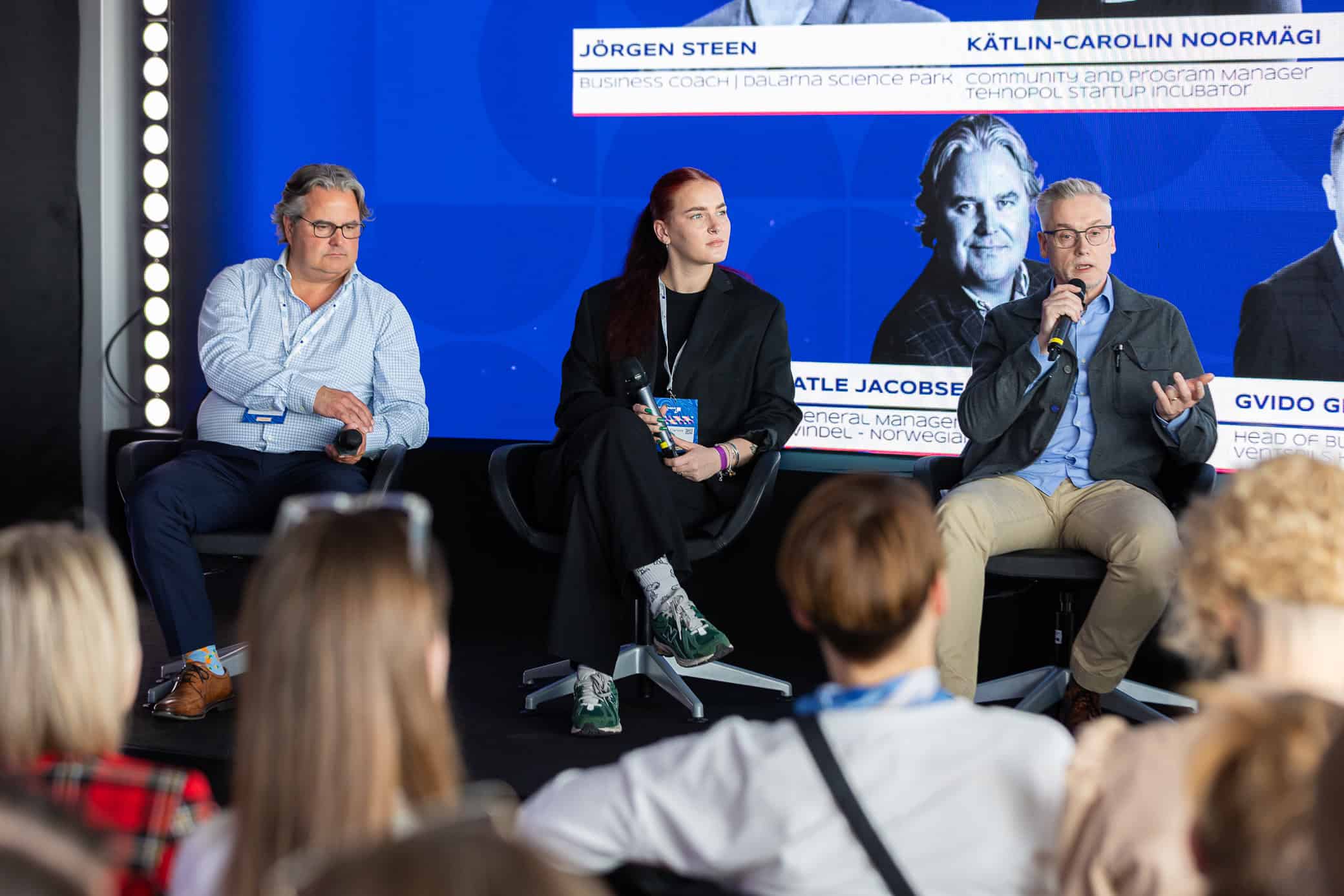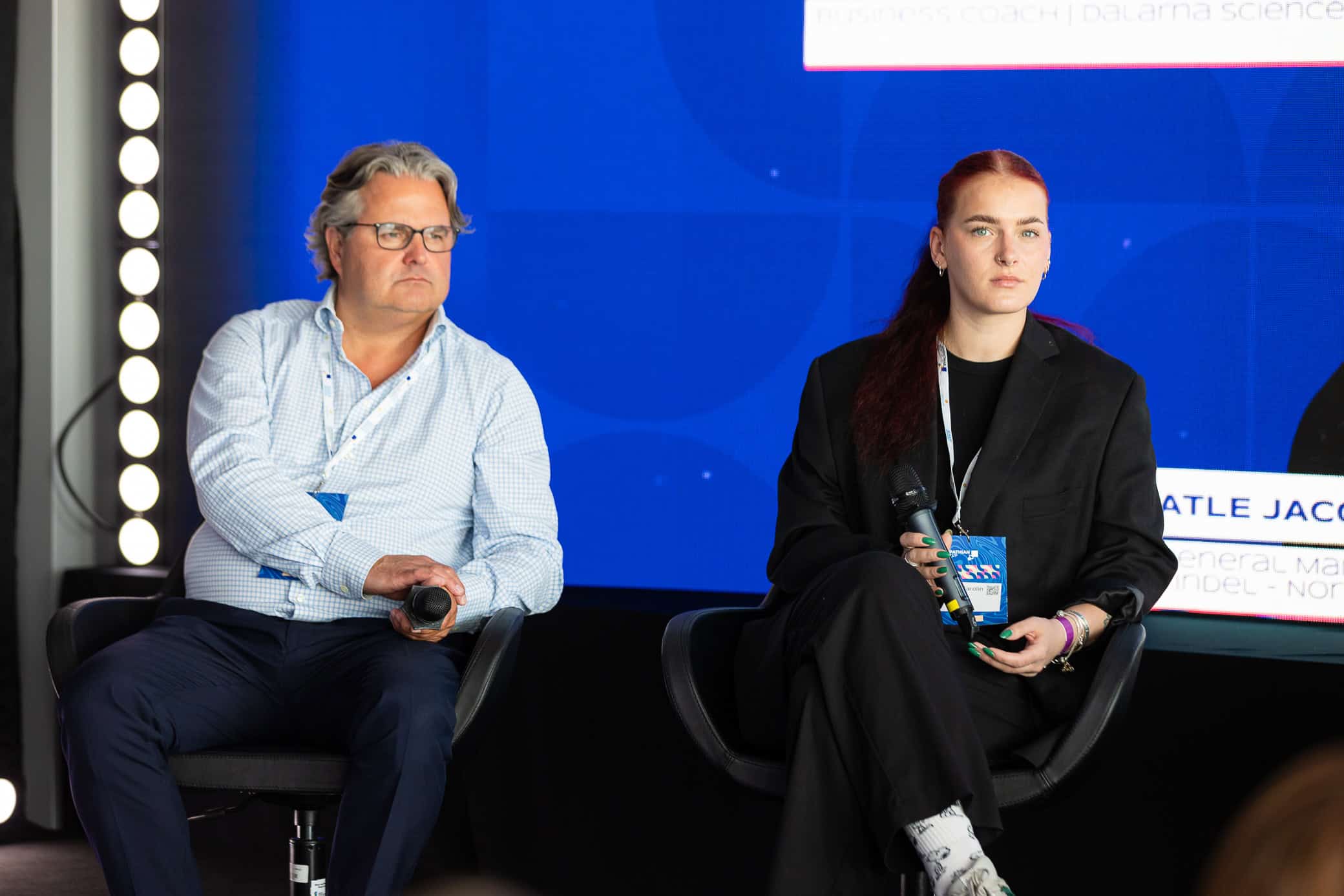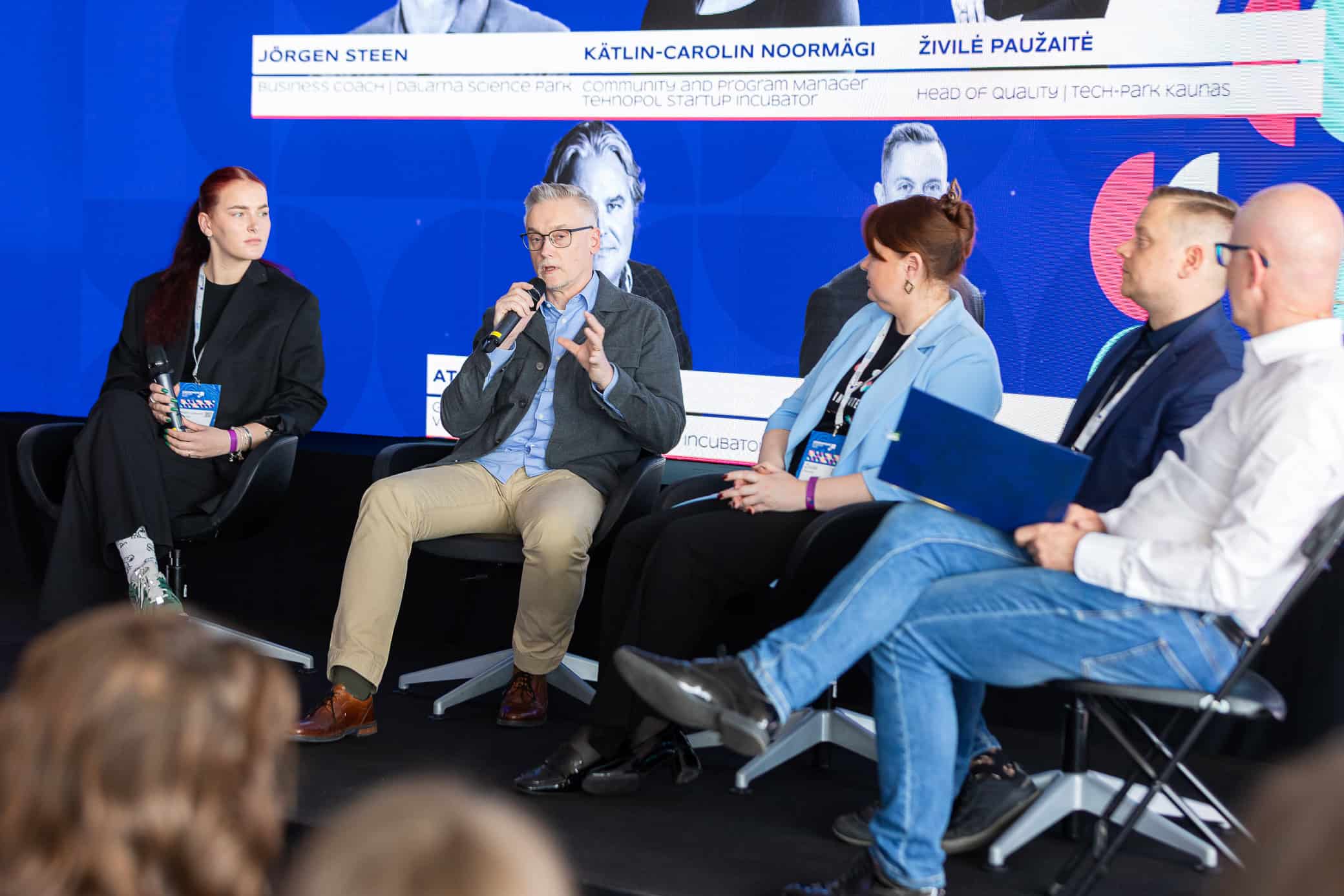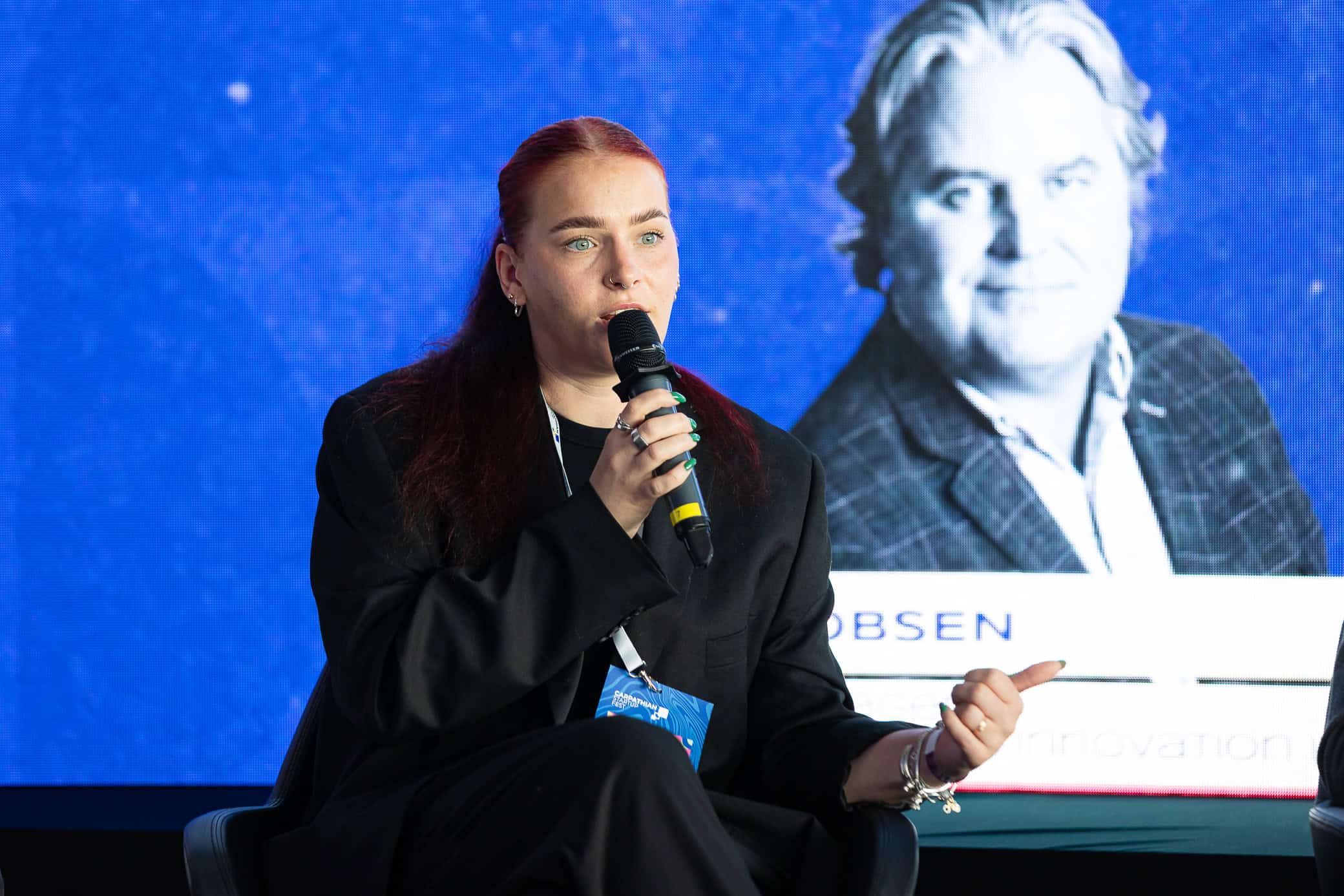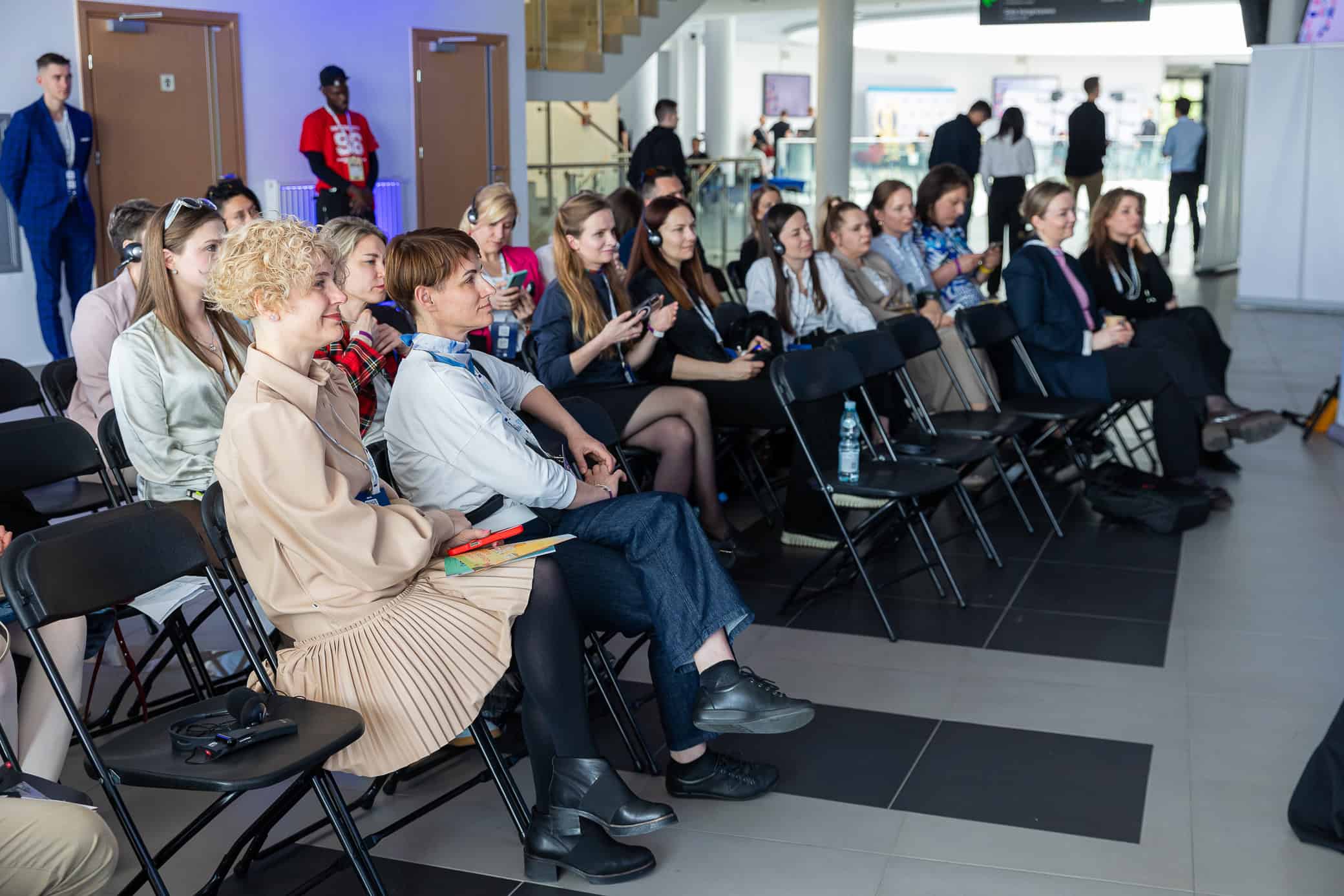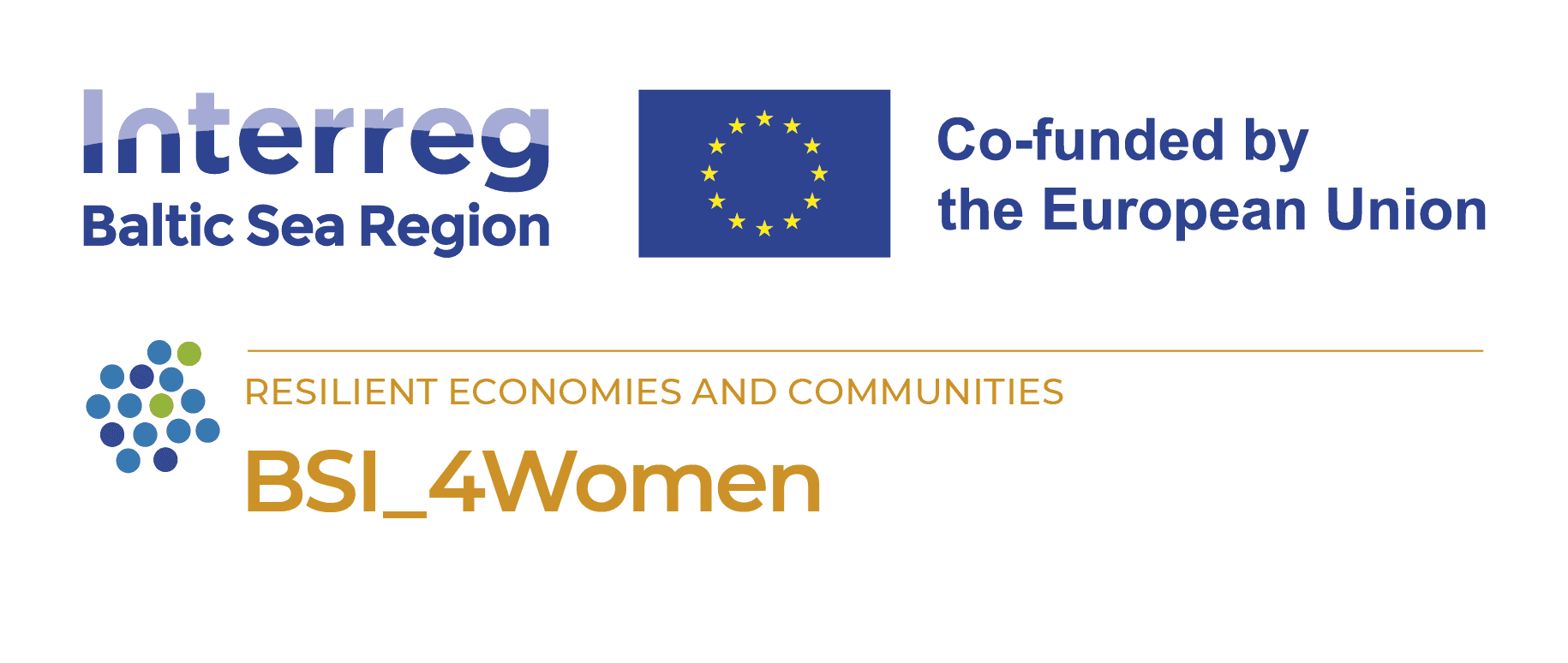
How Technology Parks and Other Organizations Support Startups in Different Countries of the Baltic Sea Region
05 June 2025
As part of the BSI_4Women project’s Transnational Demo-Day, an inspiring panel discussion was held focusing on how technology parks and other organizations support startups across countries in the Baltic Sea Region. The panel brought together experts from Latvia, Lithuania, Sweden, Estonia, and Norway, who shared their experience and best practices in supporting startups—especially those led by entrepreneurial women, including Ukrainian refugee women.
Panelists:
-
Gvido Grīnbergs – Head of the Business Support and Digital Innovation Center at Ventspils High Technology Park in Latvia. He specializes in implementing modern technological solutions at both regional and national levels and mentors young companies in their growth.
-
Živilė Paužaitė – Head of Quality at Tech-Park Kaunas in Lithuania, where she is responsible for implementing an incubation program specifically designed for Ukrainian refugee women.
-
Jörgen Steen – Business Coach at Dalarna Science Park in Sweden, specializing in early-stage business development, particularly in technology, innovation, and intellectual property.
-
Kätlin-Carolin Noormägi – Community and Program Manager at Tehnopol Startup Incubator in Estonia. She oversees the design, implementation, and evaluation of programs that support startups, and she leads dissemination and transfer of project results within the BSI_4Women project.
-
Atle Jacobsen – General Manager at Vindel – Norwegian Innovation Incubator. With a strong background in senior commercial roles, he focuses on driving revenue, managing contracts, and building relationships with clients and stakeholders.
Discussion Highlights:
During the panel, the experts shared insights on the creation and implementation of acceleration and incubation programs in their countries, highlighting successful practices in supporting female entrepreneurs, especially refugee women. They also discussed the most important forms of non-financial support, such as mentoring, training, networking, and business consulting, as well as how these forms of support can be tailored to the specific needs of entrepreneurial refugee women.
The discussion also covered startup internationalization and the impact of technological trends, such as artificial intelligence, on investment opportunities. The panelists agreed that supporting startups requires a flexible approach that considers local contexts and that transnational cooperation opens new opportunities for the development of innovation ecosystems in the Baltic Sea Region. The panel discussion within the BSI_4Women project was not only an opportunity to exchange experiences and best practices but also a platform for building networks among experts and organizations working to support women entrepreneurs in the Baltic Sea Region.
